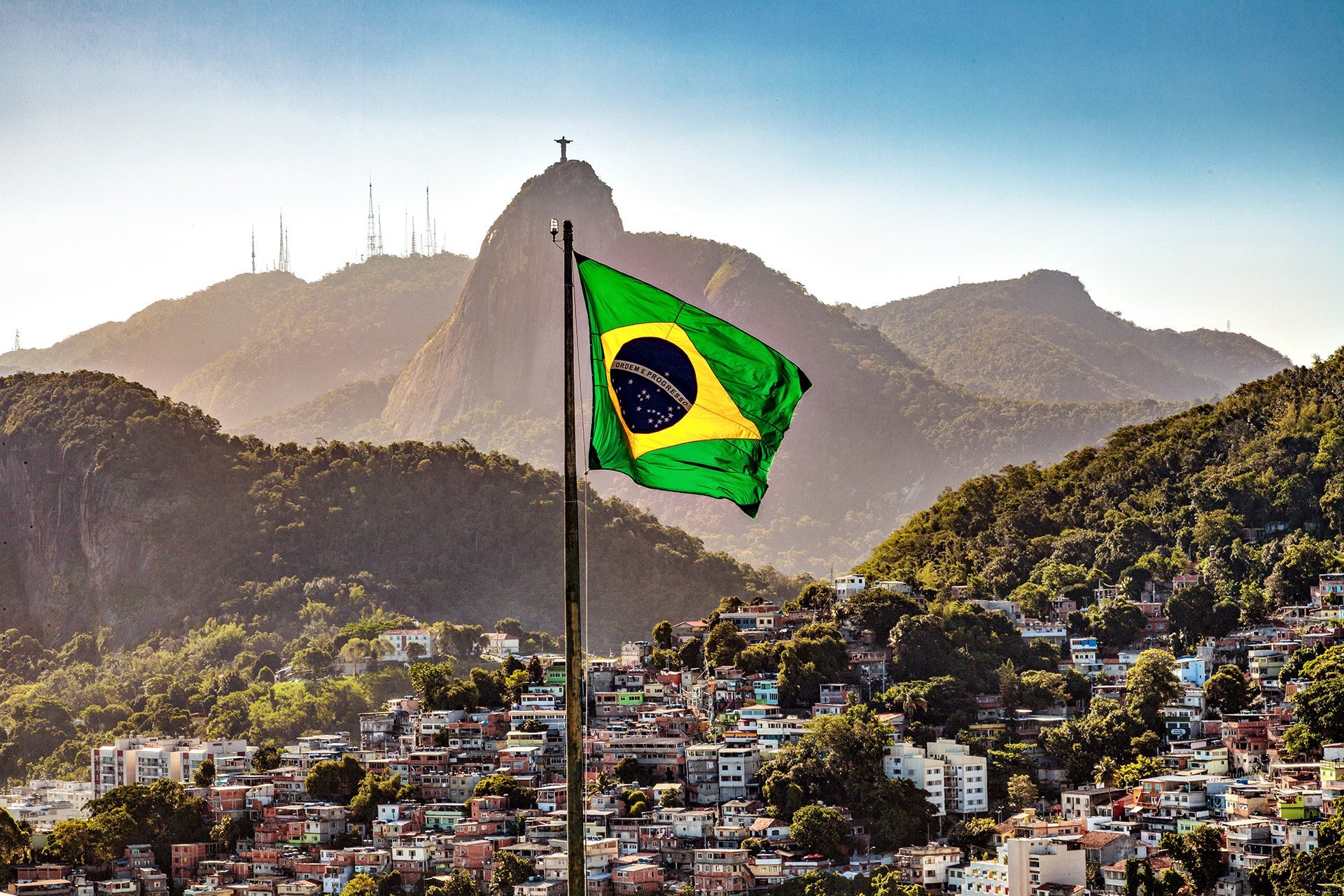Um trecho do artigo e o link para o texto na íntegra:
"No longer bottom of the class: weak and wasteful schools hold Brazil back. But at least they are getting less bad.
IN 2000 the OECD, a group of mostly rich countries, decided to find out how much children were learning at school. At the time, only half of Brazilian children finished primary education. Three out of four adults were functionally illiterate and more than one in ten totally so. And yet few Brazilians seemed to care. Rich parents used private schools; poor ones knew too little to understand how badly their children were being taught at the public ones. The president at the time, Fernando Henrique Cardoso, saw a chance to break their complacency. Though Brazil is not a member of the OECD he entered it in the Programme for International Student Assessment (PISA). Brazil came last.

A decade on, it is clear that the shock was salutary. On December 7th the fourth PISA study was published, and Brazil showed solid gains in all three subjects tested: reading, mathematics and science (see chart 1). The test now involves 65 countries or parts of them. Brazil came 53rd in reading and science. The OECD is sufficiently impressed that it has selected Brazil as a case study of “Encouraging lessons from a large federal system”.(continua no site da revista)





Nenhum comentário:
Postar um comentário